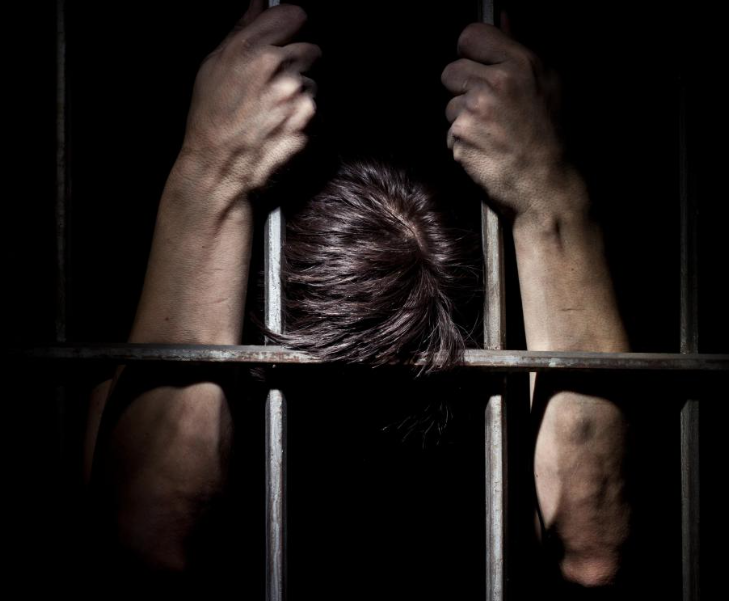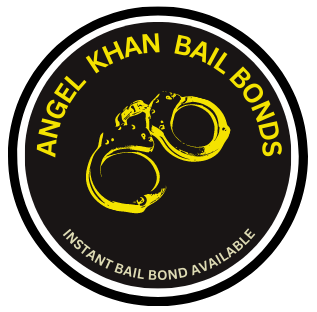Things Not To Do After Posting a Bail Bonds | Bail Guide

What Not to Do After Posting a Bail Bond?
It can be scary to be in jail, but posting a bail bond lets you go home to prepare for your hearing at home, in the company of those you love. Check out what you typically can and can’t do while out on bail, or to learn more about the bail process.
The things you should not do after being released on bail from jail
1. Missing court dates is not an option
When you are released on bail, you can go home, however, you must appear at all hearings regarding the charges brought against you. By doing so, whether or not you are found guilty, you are released from your bail bond responsibility.
Bail bond agents are thus cleared, thereby returning collateral posted for bail. When you do not appear at a hearing If you posted bail for the case at hand, a bail bonds company, a police officer will return you to jail if you don’t appear at a hearing This prevents the bail bond agent from paying the total amount of bail, the collateral you posted to pay the bail does not also expire, so you must appear in court.
When you use your own money or collateral to post bail without showing up for your hearing, the bail bond agent and the court forfeit the money or collateral. In addition, a bench warrant will be issued by the court for your arrest and incarceration.
2. Leave your state only if you have permission to do so
The second tip is to remain in your state while on bail. Within your state, you are allowed to travel. In the event that you need to travel out of the state for a short time, inform your bail bondsman and ask the court for permission.
The bail bond company also sets the terms of bail. When leaving the state, a bail bondsman and the court should be consulted. In some cases, you may be allowed to travel outside the state by a court. Give your loved one an explanation of the things not to do following the posting of a bail bond, to help them comply.
3. You Can’t Ignore Bail Conditions
As a rule, upon release on bail, there are certain conditions that must be followed. For instance, if you are charged with drunk driving, your bail could be conditioned upon several factors. Among these are staying away from alcohol, attending AA meetings, taking DUI classes, and avoiding bars and other places that serve alcohol.
Your bail conditions will be determined by the crime, community ties, past criminal record, as well as your mental health. Consequently, in this example, if you were also driving at the time of the DUI or if you have committed alcohol-related crimes in the past, your punishment may be more severe.

